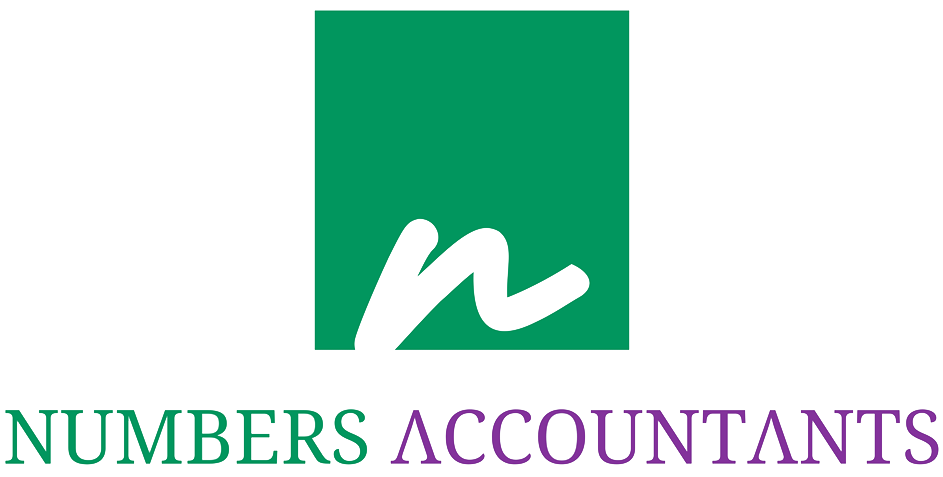Deciding whether to open a limited company or register as a sole trader is a significant decision for any new business owner. Each option has its own set of advantages and disadvantages, and understanding these can help you make an informed choice.
Advantages of a Limited Company
1. Limited Liability: One of the main benefits of a limited company is limited liability. This means your personal assets are protected if the business incurs debts or faces legal issues. Your financial risk is limited to the amount you’ve invested in the company.
2. Tax Efficiency: Limited companies can be more tax-efficient. Corporate tax rates are often lower than income tax rates for higher earners, and you can pay yourself a combination of salary and dividends, which can reduce your overall tax bill.
Disadvantages of a Limited Company
1. Administrative Responsibilities: Running a limited company involves more administrative work. You’ll need to file annual accounts, submit corporation tax returns, and comply with various regulatory requirements. This can be time-consuming and may require professional help.
2. Public Disclosure: Limited companies must disclose certain information publicly, such as earnings and directors’ details. This transparency might not be suitable for everyone, especially if you prefer to keep your business affairs private.
Advantages of a Sole Trader
1. Simplicity: Operating as a sole trader is simpler and involves less paperwork. You only need to register with HMRC, submit an annual self-assessment tax return, and keep basic financial records. This simplicity makes it easier to manage your business.
2. Control: As a sole trader, you have complete control over your business decisions and profits. There are no shareholders or directors to consult, allowing you to run your business as you see fit.
Disadvantages of a Sole Trader
1. Unlimited Liability: Sole traders have unlimited liability, meaning you are personally responsible for any debts or legal issues the business incurs. This can put your personal assets at risk if things go wrong.
2. Tax Implications: As a sole trader, your profits are subject to income tax and National Insurance contributions. For higher earners, this can result in a higher tax bill compared to the corporate tax rates for limited companies.
Need Help Making the Decision?
Choosing between a limited company and a sole trader depends on your specific circumstances and business goals. If you need assistance evaluating your options, book a consultation with Numbers Accountants. We’re here to help you make the best decision for your business. Reach out to us today!
*Disclaimer: The information provided is accurate as of the time of writing and may not be applicable in the future.*




